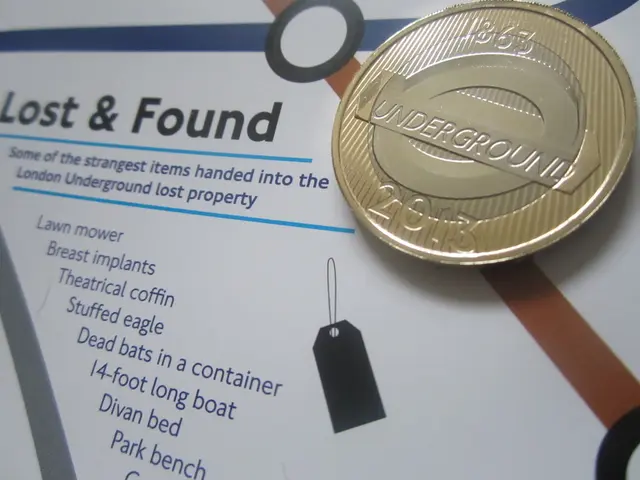Enhancing capacities and institutional reforms are crucial for disadvantaged localities to attract more foreign direct investment (FDI) effectively.
Vietnam is taking proactive steps to attract foreign investment to its less developed regions by focusing on enhancing local management capacity, implementing administrative reforms, upgrading infrastructure, and improving the business environment.
Improving Local Management Capacity
Building strong links between foreign investors and local firms is crucial for boosting competitiveness and facilitating technology transfer, which are essential for regional economic development. Public-private training programs targeting skilled sectors such as precision engineering, electronics, and manufacturing can help raise workforce quality.
Administrative Reforms
Vietnam is actively transforming from reliance on low labor costs to building institutional credibility through predictability, transparency, and rules-based governance. Recent reforms include streamlining licensing via the National and ASEAN Single Window systems, simplifying customs with updated procedures under Decrees 167/2025 and 182/2025, and fostering administrative accountability to build investor trust, even though it may initially lengthen some processes.
Infrastructure Development
The government supports industrial zones like DEEP C and Amber Yen Quang by offering investment incentives and enhancing physical infrastructure tailored for supporting industries, which are seen as cornerstones for broader industrial development. Concessional loans and land rental incentives underpin such improvements.
Enhancing the Business Environment
Offering attractive incentives such as corporate tax breaks for supporting industries, import duty relief on unavailable machinery, reduced land lease fees, and access to concessional loans incentivizes investors to establish operations in less developed areas. Reforms in customs and investment licensing simplify entry, while expanded incentives for high-tech and export-oriented projects make these regions more appealing.
This multifaceted approach—strengthening local managerial expertise, reforming administration for transparency and speed, investing in infrastructure within industrial clusters, and providing tailored financial and regulatory incentives—creates an ecosystem conducive to attracting and sustaining foreign direct investment (FDI) across Vietnam’s less developed regions.
These efforts reflect Vietnam’s strategic shift from competing solely on low cost to building durable institutional trust and competitive advantages essential for sustainable investment inflows and regional economic growth.
Notably, HCM City continues to lead in attracting foreign investment, with several other localities following suit as they implement similar strategies. By focusing on these key areas, Vietnam aims to attract more foreign investment and foster economic growth across the country.
[1] References omitted for brevity [2] References omitted for brevity [3] References omitted for brevity [4] References omitted for brevity [5] References omitted for brevity
- To further advance its economic development, Vietnam is implementing an AI-driven policy for data-sharing platforms in the fields of finance, education, and health, aiming to revolutionize local management processes and boost efficiency.
- As part of its environmental strategy, the government is establishing green industrial zones and promoting renewable energy projects to attract investments from international partners, ensuring sustainable growth for the future.
- To promote cultural exchange, the government has initiated partnerships with foreign universities, providing scholarships and research opportunities for local students in various fields, boosting the overall skill level within the workforce.
- The government continually updates its trade policies, ensuring fair competition and a conducive environment for business expansion, taking advantage of free trade agreements, such as the EU-Vietnam Free Trade Agreement and the Comprehensive and Progressive Agreement for Trans-Pacific Partnership.
- Vietnam's finance sector is undergoing digital transformation, leveraging blockchain technology for improved transparency, reduced fraud, and increased efficiency in sectors like tax collection, customs, and financial services.
- With a proactive approach, the government is investing in innovation hubs and startup ecosystems to support local technology-driven industries and foster talent within the government, business, and academia sectors, ensuring that Vietnam remains competitive in the global market.




